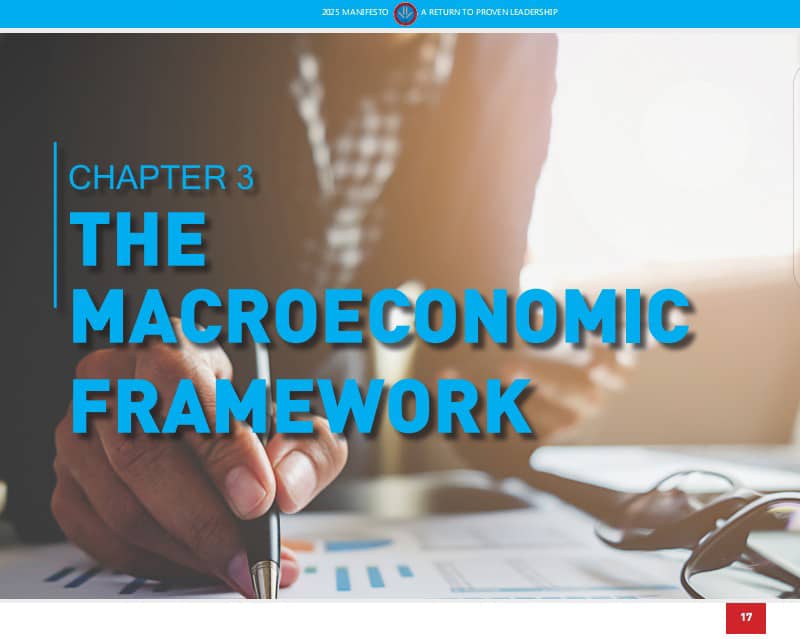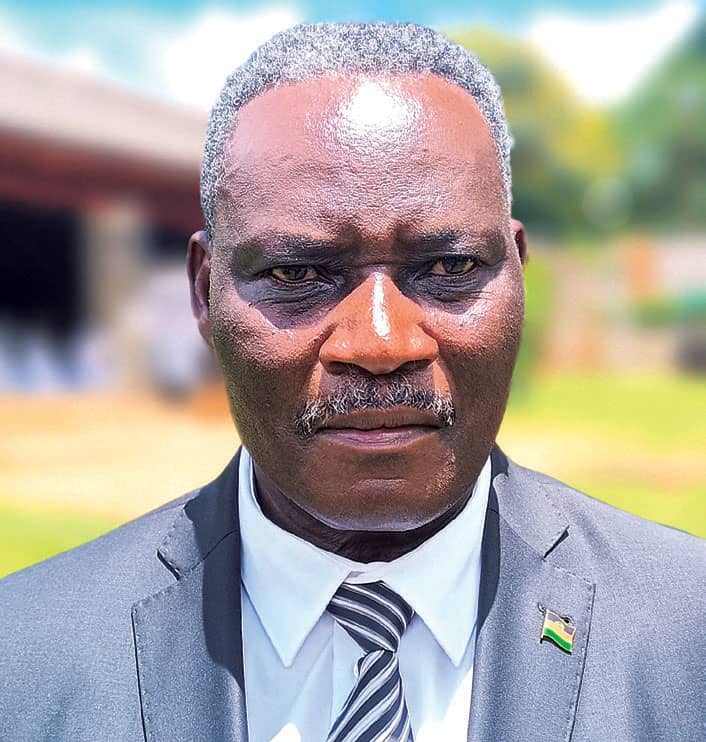By Burnett Munthali | Malawi Freedom Network
The success of the Malawi Investment and Prosperity Plan (MIP-1) in driving wealth creation depends heavily on the presence of a stable macroeconomic environment.
This stability is essential to boost private sector participation in the country’s economy.
However, over the past four years, Malawi’s macroeconomic environment has been largely unstable.
From 2021 to 2024, the inflation rate averaged a high 25 percent.
In the first quarter of 2025, inflation surged further to 34.2 percent and is feared to remain elevated until at least August 2025.
The policy interest rate has mirrored this inflation trend, rising from 12 percent in 2020 to 26 percent currently.
Meanwhile, the country’s official foreign exchange reserves are at their lowest level in a decade.
This poses serious challenges for economic management and external stability.
Compounding these difficulties is a negative domestic primary balance, which has contributed to a rapid and unsustainable increase in public debt.
The public debt stock has soared from MK 4.1 trillion in 2020 to MK 16.4 trillion today.
This surge is mainly due to excessive borrowing by the government from the banking system.
As a result, the private sector has been crowded out, limiting its ability to invest and grow.
In line with these adverse economic indicators, Malawi’s GDP growth has been marginal between 2021 and 2024, averaging only 1.0 percent.
In fact, in 2024, the real GDP contracted by 1.8 percent.
Faced with this economic reality, the Democratic Progressive Party (DPP) has laid out plans to stabilize the economy.
The party aims to reduce inflation to single-digit levels by the end of 2027.
Achieving this will create the necessary conditions for economic rebound.
The DPP projects that GDP growth could then accelerate to an average of 6.5 percent annually between 2028 and 2030.
To achieve these goals, the DPP government proposes a comprehensive mix of fiscal, monetary, foreign exchange, and debt management measures.
These interventions are designed to restore macroeconomic stability and foster sustainable growth.
Central to the plan is a series of fiscal consolidation measures.
The government plans to save around MK 500 billion in 2026, increasing to MK 700 billion in 2027, and reaching MK 1.5 trillion annually from 2028 to 2030.
Among the specific actions, the DPP promises to run a lean and inclusive Cabinet to cut unnecessary costs.
The budget allocation for state residences will be drastically reduced.
The purchase of new vehicles for public officials will be frozen to save funds.
Strict commitment controls under the Integrated Financial Management Information System (IFMIS) will be implemented to contain the buildup of arrears.
The government will also eliminate financial guarantees issued by Ministries, Departments, and Agencies (MDAs) that create fiscal risks.
A Domestic Revenue Mobilization Strategy (DRMS) will be developed and implemented.
This strategy aims to increase revenue collection by five percentage points of GDP by 2030.
Key components include broadening the tax base and improving tax compliance.
Efforts will also focus on improving the public perception of the tax system and strengthening institutional capacity for revenue mobilization.
This will involve modernizing Malawi Revenue Authority operations and revamping the Value Added Tax (VAT) system.
Additionally, the government will improve non-tax revenue collection.
Fiscal expenditure will be rationalized to stop non-budgeted activities that drain resources.
Agriculture Input Program (AIP) reforms will focus on better targeting, reducing wastage, and increasing efficiency.
These reforms aim to ensure sustainable food security and maximize agricultural impact.
The DPP will review VAT exemptions on motor vehicles for public officers to eliminate unnecessary exemptions.
Transparency and accountability in state-owned enterprises will be enhanced.
The government also intends to reverse decisions to relocate institutions like MACRA, MHC, MBC, Prison Services, and the National Statistical Office to Lilongwe.
Public service rationalization, including that of foreign missions, will be undertaken to improve efficiency.
Operational costs of Parliament will also be rationalized to curb wasteful spending.
Conclusion:
Malawi’s recent economic challenges have been severe, marked by high inflation, rising debt, and weak growth.
The DPP’s stabilization and fiscal consolidation plan outlines ambitious measures to restore economic health and create a foundation for future growth.
Success will depend on strict implementation, political will, and support from stakeholders, including the private sector and development partners.
If effectively executed, these reforms could stabilize the macroeconomy, reduce inflation, and set Malawi on a path to sustained and inclusive economic growth.




